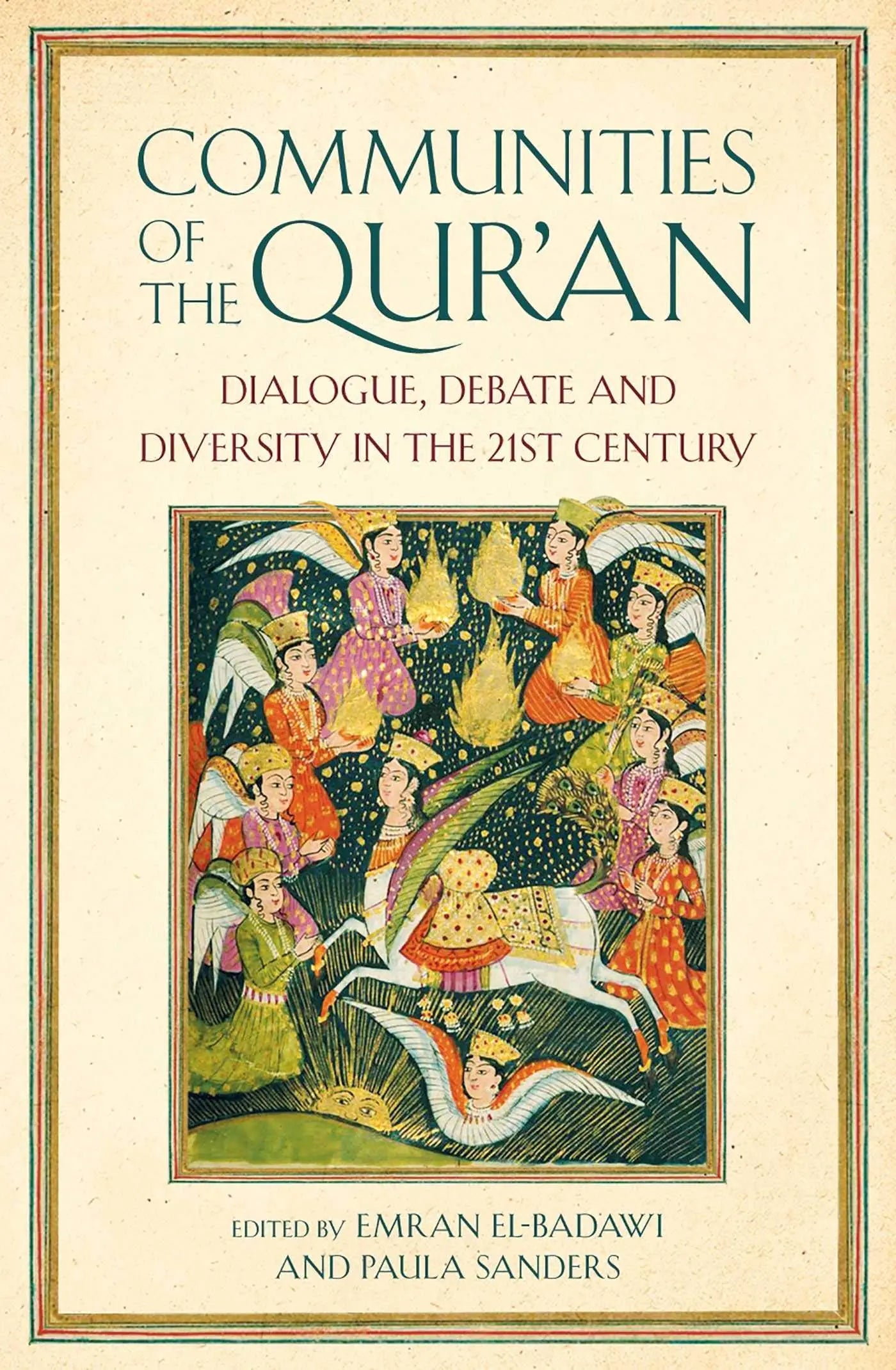About The Book
What is the nature of the Qur'an? It might seem a straightforward question, but there is no consensus among modern communities of the Qur'an, both Muslim and non-Muslim, about the answer. And why should there be?
On numerous occasions throughout history, believers from different schools and denominations, and at different times and places, have agreed to disagree. The Qur'anic interpreters, jurists, and theologians of medieval Baghdad, Cairo, and Cordoba coexisted peacefully in spite of their diverging beliefs. Seeking to revive this ‘ethics of disagreement' of Classical Islam, this volume explores the different relationships societies around the world have with the Qur'an and how our understanding of the text can be shaped by studying the interpretations of others.
From LGBT groups to urban African American communities, this book aims to represent the true diversity of communities of the Qur'an in the twenty-first century, and the dialogue and debate that can flow among them.
Contents:
Note on Transliteration
Foreword
Reza Aslan
Acknowledgments
Introduction
Emran El-Badawi and Paula Sanders
PART I: COMMUNITIES OF CULTURE AND EXPERIENCE
1. African-American Communities of the Qur'an
Aminah Beverly Al-Deen
2. Nizari Ismaili Engagements with the Qur'an: the Khojas of South Asia
Ali Asani
3. The Reception of the Qur'an in Popular Sufism in Indonesia: tadabbur among the Ma‘iyah Community
Lien Iffah Naf'atu Fina and Ahmad Rafiq
PART II: BETWEEN GENDER AND COMMUNITY
4. Musawah: Gender Equity through Qur'anic Discourse
Amina Wadud
5. The Reception of the Qur'an in the LGBTQ Muslim Community
Scott Siraj al-Haqq Kugle
PART III: THE SILENT, SPEAKING AND LIVING WORD
6. The Speaking Qur'an and the Praise of the Imam: the Memory and Practice of the Qur'an in the Twelver Shia Tradition
Sajjad Rizvi
7. The Qur'an and the Baha'i Faith
Todd Lawson
PART IV: COMMUNITIES OF TEXT AND TRADITION
8. How the Qur'an Shapes the Sunni Community
Ingrid Mattson
9. The Qur'an and the Ahmadiyya Community: an Overview
Mujeeb Ur Rahman
10. Why the Qur'anists are the Solution: a Declaration
Ahmed Subhy Mansour
Afterword
Reuven Firestone
Index
About The Authors
Emran El-Badawi is Associate Professor and Director of the Middle Eastern Studies Program at the University of Houston.
Paula Sanders is Professor of History and Director of the Boniuk Institute for Religious Tolerance at Rice University in Houston, Texas.


